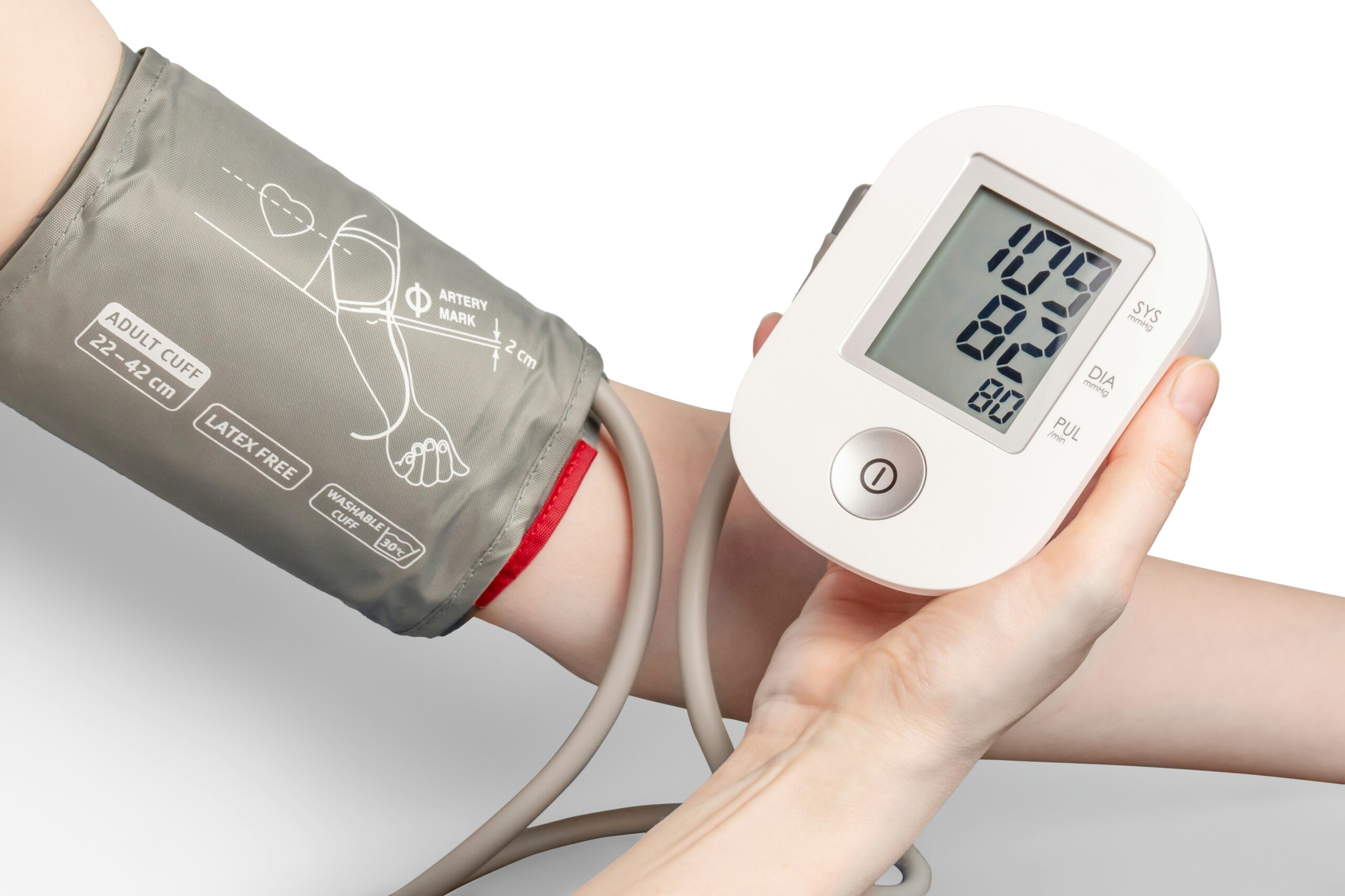
Blood Pressure and Pulse: Important Measurements for Your Health
When it comes to monitoring your health, two important measurements to pay attention to are your blood pressure and pulse. These readings can provide valuable information about the state of your cardiovascular system and overall well-being.
Understanding Blood Pressure
Blood pressure refers to the force that your blood exerts on the walls of your blood vessels as it circulates through your body. It is typically measured in millimeters of mercury (mm Hg) and is expressed as two numbers: systolic pressure over diastolic pressure.
A normal blood pressure reading is generally considered to be around 120/80 mm Hg. However, high blood pressure, also known as hypertension, occurs when your blood pressure consistently exceeds 130/80 mm Hg.
High blood pressure is a common condition that affects nearly half of American adults. It can increase the risk of serious health problems such as heart disease, stroke, and kidney disease if left untreated. Regular monitoring of your blood pressure is essential for early detection and management of hypertension.
Understanding Pulse
Your pulse, also known as your heart rate, refers to the number of times your heart beats per minute (bpm). It is an indicator of how efficiently your heart is pumping blood throughout your body.
A normal resting pulse rate typically falls between 60 and 100 bpm. A heart rate below 60 bpm is considered slow and is medically referred to as bradycardia. This condition is commonly observed during sleep and is also frequently seen in athletes who have well-conditioned hearts.
It’s important to note that having high blood pressure along with a low pulse rate can be a sign of a more serious underlying health condition. If you notice this combination, it is crucial to seek medical attention to determine the cause and receive appropriate treatment.
Causes and Symptoms
There are several factors that can contribute to high blood pressure and a low pulse rate. Some possible causes include:
- Medications: Certain medications, such as beta blockers, can lower both blood pressure and heart rate.
- Heart conditions: Conditions such as atrial fibrillation, heart block, or other arrhythmias can cause a slow pulse rate.
- Endocrine disorders: Conditions like hypothyroidism or adrenal insufficiency can affect both blood pressure and heart rate.
- Dehydration: Inadequate fluid intake can lead to low blood volume, resulting in low blood pressure and a slow pulse rate.
- Other underlying health issues: Conditions such as anemia, infections, or electrolyte imbalances can also impact blood pressure and heart rate.
It’s important to be aware of the symptoms associated with high blood pressure and a low pulse rate. These may include dizziness, fatigue, fainting, shortness of breath, chest pain, or irregular heartbeats. If you experience any of these symptoms, it is crucial to seek medical attention promptly.
When to Seek Medical Attention
If you have high blood pressure and a consistently low pulse rate, it is essential to consult with a healthcare professional. They can evaluate your symptoms, perform diagnostic tests, and determine the underlying cause of this combination.
Depending on the findings, your healthcare provider may recommend lifestyle modifications, medication adjustments, or further investigations to address the underlying condition. It’s important not to ignore these symptoms, as they could indicate a more serious health issue that requires appropriate medical intervention.
Conclusion
Monitoring your blood pressure and pulse is an important part of maintaining your overall health. High blood pressure and a low pulse rate can be indicative of an underlying health condition that requires medical attention. By understanding the causes and symptoms associated with this combination, you can take the necessary steps to seek appropriate care and support for your well-being.







